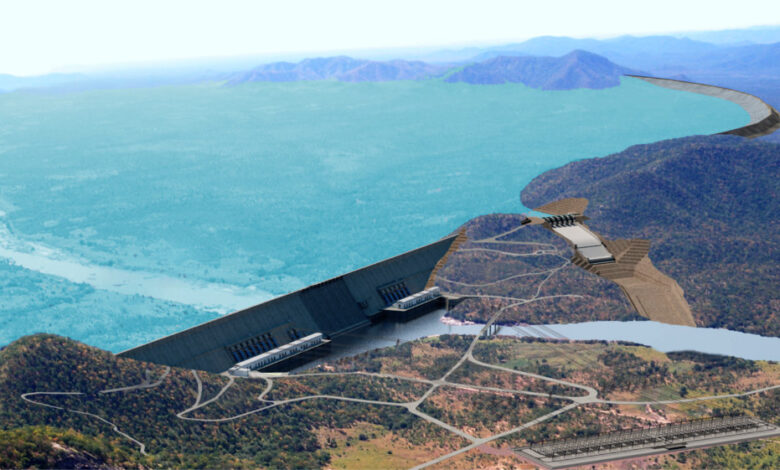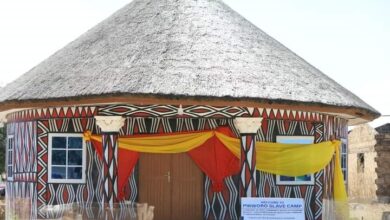Ethiopia Celebrates Inauguration of Grand Renaissance Dam as Egypt Warns of Existential Water Threat

After more than a decade of political wrangling, Ethiopia is officially inaugurating the Grand Ethiopian Renaissance Dam (GERD), a $5 billion project built on the Blue Nile. The dam, with a reservoir the size of Greater London, represents one of Africa’s most ambitious hydroelectric undertakings and is being hailed in Ethiopia as a symbol of unity, pride, and self-reliance.
For Ethiopians, the dam is far more than an energy project. It is seen as a monument of national achievement, having been funded largely by citizens, businesses, and diaspora contributions when international financiers shunned the project due to Egyptian lobbying. “Ethiopians may disagree on many things, but they agree on the dam,” said Moses Chrispus Okello of the Institute for Security Studies.
With a population of 135 million, Ethiopia hopes the dam will not only end its chronic electricity shortages but also transform it into a regional energy powerhouse. Plans are already underway to export power to neighbours such as Kenya and Djibouti, with ambitions to one day sell electricity to Middle Eastern states across the Red Sea.
But in Egypt, the project is seen in starkly different terms. The North African country depends almost entirely on the Nile, with 107 million people concentrated along its banks. Experts there warn the dam could drastically reduce Egypt’s water supply. “The Nile is our life. If Ethiopia stores 64 billion cubic metres of water, it is a huge loss for us,” cautioned Abbas Sharaky, a geologist at Cairo University.
The dispute has inflamed decades-old tensions. Egypt insists the dam threatens its very survival, while Ethiopia argues that the old colonial-era treaty granting Cairo the lion’s share of Nile waters is outdated and unjust. Despite years of negotiations and even threats of war, Ethiopia pressed ahead, with former Prime Minister Meles Zenawi’s announcement of “Project X” in 2011 now remembered as a masterstroke that broke Egypt’s veto power over Nile waters.
Diplomatic mediation efforts, including by the United States, have failed to produce an agreement. Egypt has adjusted its domestic policies by reducing water-intensive crops like rice and investing in large water treatment plants, but officials continue to warn of dire consequences.
Ethiopia, meanwhile, views the GERD’s inauguration as the beginning of a new chapter, one in which the country reclaims regional influence. Prime Minister Abiy Ahmed has even linked the nationalist momentum around the dam to Ethiopia’s broader ambitions, including regaining access to the Red Sea.
For now, the GERD is reshaping not only Ethiopia’s future but also the geopolitical balance of the Nile Basin. While Ethiopians prepare to celebrate their triumph, Egyptians brace for the possibility of water scarcity that could upend livelihoods across their country.




